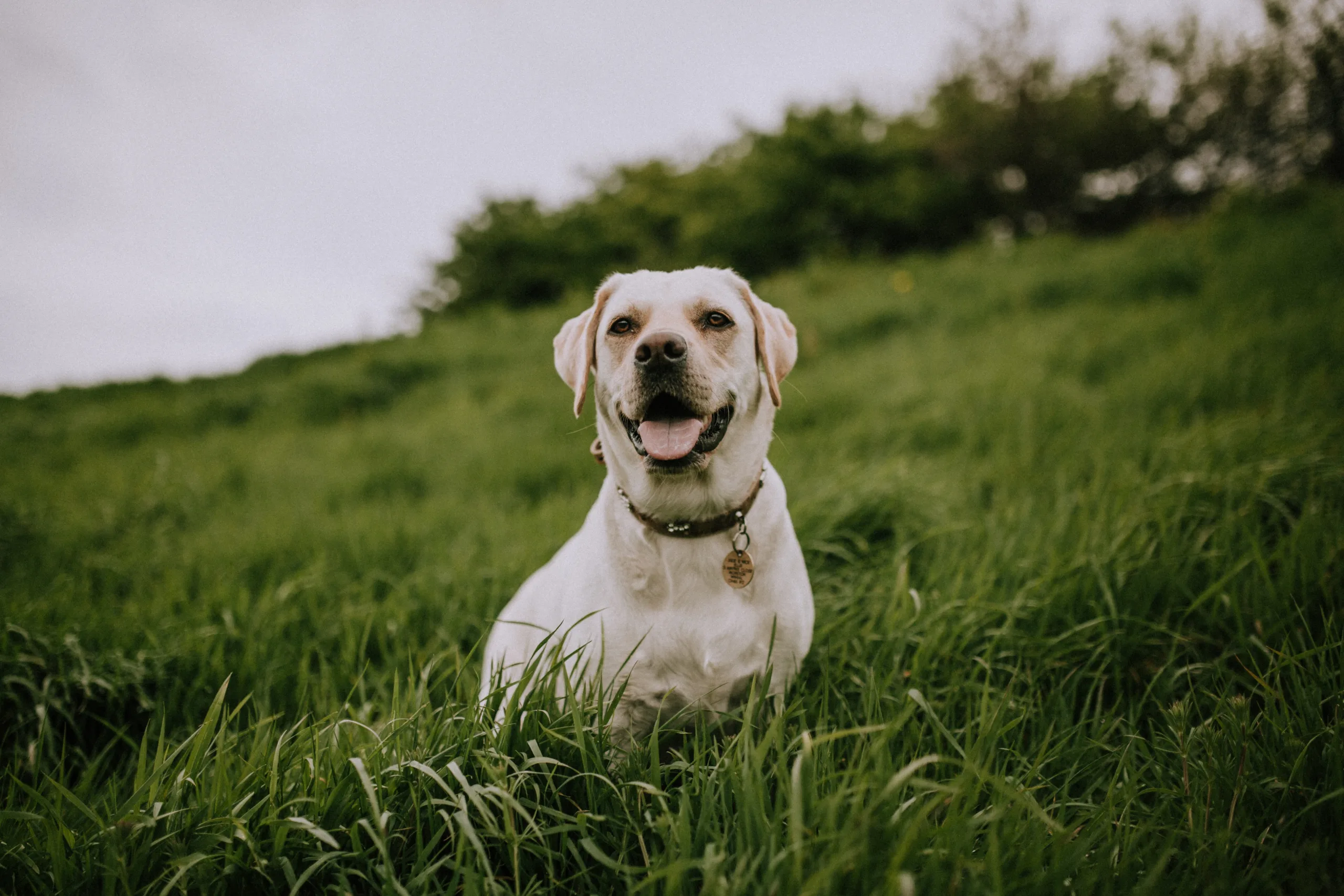Why Does My Dogs Poop Smell So Bad? Few things can clear a room faster than the strong odor of your dog’s poop. While it’s natural for canine waste to have a distinct smell, there are instances where the odor becomes particularly offensive. In this article, we’ll delve into the factors that contribute to foul-smelling dog poop, explore potential causes, and provide insights into promoting healthier digestive habits for your furry friend.
For more about dogs click here
Why Does Your Dog’s Poop Smell So Bad?
Before diving into the reasons behind foul-smelling dog poop, it’s essential to acknowledge that some odor is expected due to the nature of digestion and waste elimination. However, when the smell becomes excessively strong or unusually offensive, it could be indicative of an underlying issue.
Factors Influencing Foul-Smelling Poop:
1. Diet: The primary factor influencing the odor of your dog’s poop is their diet. What your dog consumes directly impacts the composition and scent of their waste.
2. Digestive Health: An imbalance in your dog’s digestive system can lead to poorly digested food, resulting in more potent odors.
3. Bacterial Imbalance: The gut is home to numerous beneficial bacteria that aid in digestion. If there’s an overgrowth of harmful bacteria, it can contribute to bad-smelling poop.
4. Food Intolerances or Allergies: If your dog is consuming a diet that doesn’t agree with them, it can lead to digestive distress and foul-smelling poop.
5. Parasites or Infections: Certain parasites or infections can impact your dog’s gastrointestinal tract, leading to changes in the odor of their poop.
Addressing the Issue: Promoting Healthier Digestion
Understanding the potential factors behind foul-smelling poop is the first step in addressing the issue. Here are some steps you can take to promote healthier digestion and reduce the odor of your dog’s waste:
1. Balanced Diet:
Ensure that your dog’s diet is well-balanced and suited to their nutritional needs. High-quality, easily digestible ingredients can contribute to healthier digestion and less smelly poop.
2. Monitor for Allergies:
Pay attention to any signs of food allergies or sensitivities in your dog. If you suspect a specific ingredient is causing digestive issues, consult your veterinarian for guidance on appropriate dietary changes.
3. Probiotics and Prebiotics:
Adding probiotics and prebiotics to your dog’s diet can help maintain a healthy balance of gut bacteria. Consult your veterinarian before introducing any supplements.
4. Hydration:
Ensure your dog has access to clean, fresh water at all times. Proper hydration supports digestion and overall health.
5. Regular Vet Check-ups:
Schedule regular veterinary check-ups to monitor your dog’s health and address any potential digestive issues promptly.
FAQs on Why Does My Dogs Poop Smell So Bad?
Q1: Is it normal for dog poop to smell really bad? While some odor is normal, excessively foul-smelling poop could indicate an underlying issue that needs attention.
Q2: How do I stop my dog’s poop from smelling? Promoting healthier digestion through a balanced diet, hydration, and probiotics can help reduce the odor of your dog’s poop.
Q3: What does it mean when your poop smells really bad? Foul-smelling poop in dogs could be caused by factors like diet, digestive health, bacterial balance, food intolerances, or infections.
Q4: What does unhealthy dog poop look like? Unhealthy dog poop may appear runny, overly firm, discolored, or have an abnormal odor. Consulting a vet can help determine if there’s an issue.
Q5: What is the healthiest dog poop? Healthy dog poop is typically brown, formed, and not overly odorous. It indicates that your dog’s digestion is functioning well.
Q6: What does parvo smell like? Parvo-infected feces may have a distinct, foul smell, often described as having a strong, pungent odor.
Conclusion on Why Does My Dogs Poop Smell So Bad?
While some odor is normal when it comes to your dog’s poop, excessive foul-smelling waste can be a cause for concern. Understanding the factors that contribute to this issue, such as diet, digestive health, and bacterial balance, can help you take steps to address it. By promoting a balanced diet, ensuring proper hydration, and seeking veterinary guidance when needed, you can contribute to your dog’s overall well-being and digestive health, leading to less offensive-smelling poop and a happier, healthier canine companion.
Click here for more
